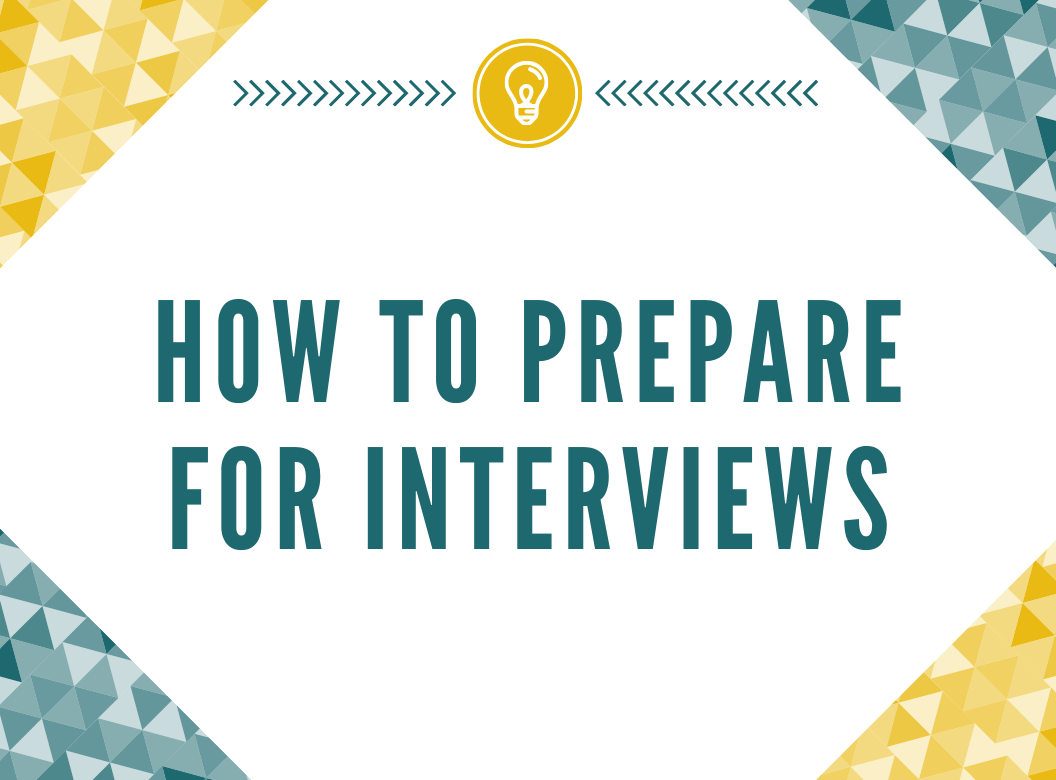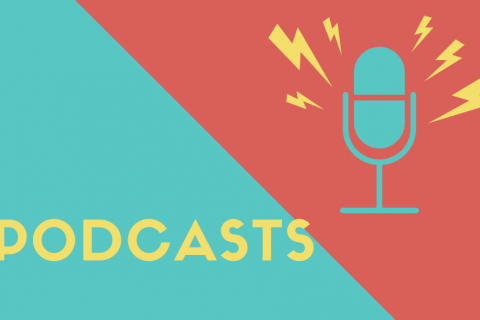Whether you’ve booked a TV, phone, or in-person interview, we’ve got some great tips!
Before the Interview
So, you’ve booked an interview. Congratulations! Here’s a preliminary checklist for any type of interview:
- Tell us! We would love to spread the word, so notify us as soon as possible.
- The interviewer will often have a predetermined list of questions. Ask for a copy before the interview. If they don’t have a list, ask what subjects might be covered.
- Understand the audience. For instance, if you’ve written a children’s picture book, your interview should be directed at parents since they, not the children, will watch or hear the interview. Ask your interviewer to define the audience.
- Thoroughly research the interviewer so you know their theme and any mission statements. Adjust your content accordingly.
The four most common types of interviews and suggestions on how to handle each one.
Phone interviews
When preparing for a phone interview, keep a few details in mind:
- Make sure both parties are clear on the date and time, and who will be calling whom.
- Ask how the interviewer will be using the audio. Will they record and distribute the interview, or will they write an article or blog post based on the conversation? They may even release a full transcript.
- If you’re using a cell phone, be sure it’s charged, and turn off any alarms or notifications.
- If the interviewer plans to call you, make sure your phone’s volume is turned up so you don’t miss the call. If it’s your job to call them, confirm their phone number ahead of time.
- Go to a quiet place where you won’t be interrupted and can easily reference your notes.
- Whether your notes are written or on your computer, organize them ahead of time.
During the interview:
- Keep TVs and internet off so you stay focused.
- If the audio isn’t going to be released, feel free to reword or correct yourself as you’re speaking, and ask that the interviewer respect these adjustments in their write-up.
- Ask the interviewer to link to your author website or Facebook page in their post so readers/listeners know where to find you.
For a great example of a phone interview, follow this link to listen to NPR’s podcast featuring author Stephen King from 2013.
In-person interviews
How to prepare:
- Pick a time and place to meet. You might have to come into a studio, but otherwise, pick a place where you feel comfortable.
- Dress and act professionally.
- Bring notes in hard copy. This is easier to reference and less distracting than digital notes.
- Bring a copy of your book(s).
An in-person interview will most likely be distributed in one of two ways: The interviewer will take notes or record audio and publish a write-up or transcript, or they will film you and distribute the video. If your interview will be released in written form, prepare like you would for a phone interview. Otherwise, you’ll need to prepare for a video interview.
Video Interviews
Live or recorded interviews require the most preparation and attention to detail, so be sure to:
- Confirm all details, like the time and location of the interview.
- Pay close attention to your appearance and presentation.
During the interview:
- Avoid depending on notes. Shuffling papers is distracting to viewers. If you can’t give a good interview without notes, bring small index cards to refer to only occasionally.
- Act natural. Keep your cool, and be your confident, friendly self!
For an example of a great recorded in-person interview, check out this interview Belle Isle author Marc Ferrari did on KCAL9 a few weeks ago.
Online Interviews
You may be invited to take part in a videoconferencing interview using a program like Skype. If you’re not familiar with the software, that doesn’t mean you should turn down the interview!
Preparing for a videoconferencing interview:
- Research the program you’ll be using. Ask friends and family for tips, or call/email us and we can help you become more comfortable. If you can’t get past your discomfort with the technology, ask if the interviewer would be willing to conduct the interview over the phone or in person instead.
- Test your equipment. This includes your software, webcam, and microphone. On Skype, use the “Test Call” feature to see a call in action.
- Face your webcam toward an attractive wall or bookshelf. The less distracting your background, the more viewers will focus on you. In a pinch, hang a sheet behind you.
- Direct a soft light source at your face (without blinding you) so your features will be clear.
- If you must use notes, place them where you won’t have to handle them. Avoid rustling papers or clicking around on your computer during the interview.
During the interview:
- First off, ask if your interviewer can see and hear you well. If the answer is no, work quickly together to solve the problem.
- During your interview, sit up straight, smile, and center your face in the camera. Keep your eyes on the webcam; if you look at the computer screen instead, you will appear to be looking down. You’ll see this in your Test Call.
- There may be a small delay in the video, so make sure the other person finishes speaking before you answer.
After the Interview
- A simple email thanking the interviewer for their time is great, but a handwritten card can really stand out!
- Get a copy of the interview. Ask for a link, file, or print copy (if applicable) of the video, audio, or text. Save a copy of the file, not just the link! Online content is often deleted.
- Ask for permission to distribute, and then post it! Use every platform you can. Give your interviewer and/or the organization a shout-out and tag them whenever possible.
- Send us a copy. We’ll share it, too!
Final Thoughts
The most important things to remember are professionalism, authenticity, and preparation. Interviews show your readers who you really are. Relax, be yourself, do your prep work, and the rest will take care of itself.




